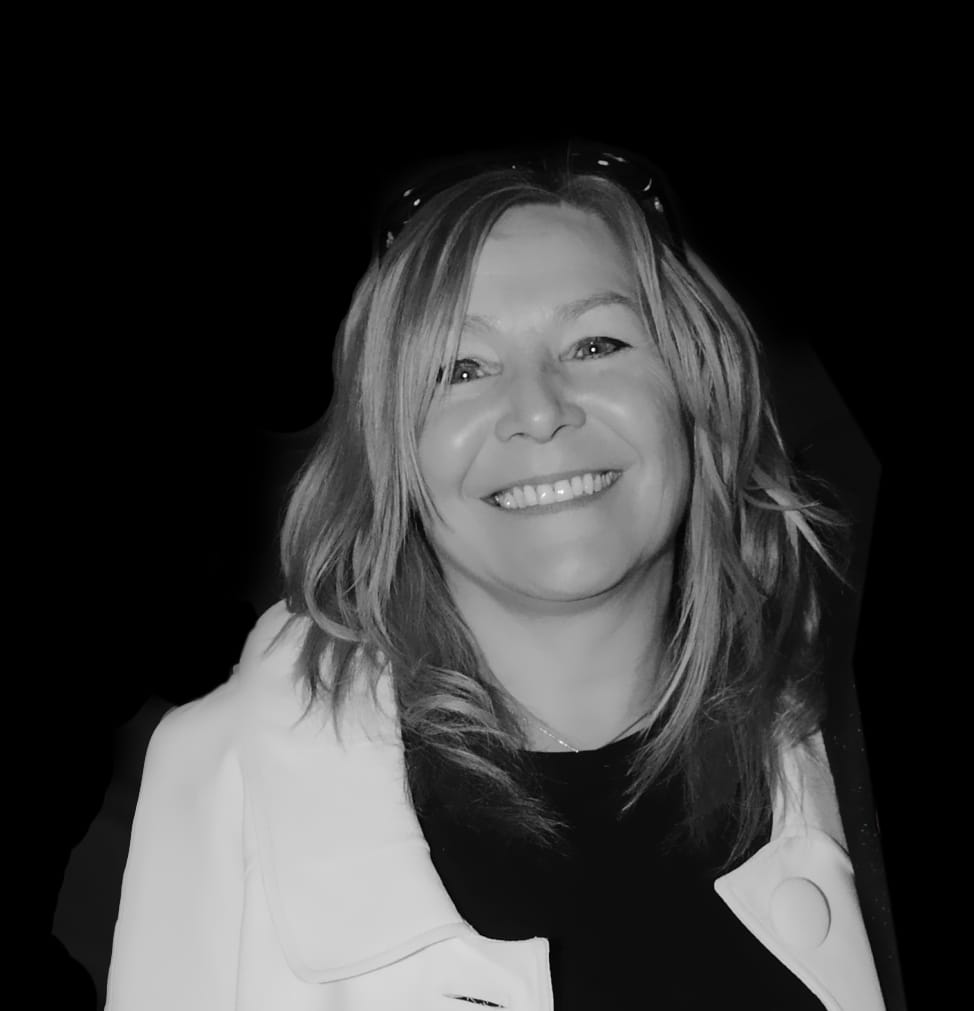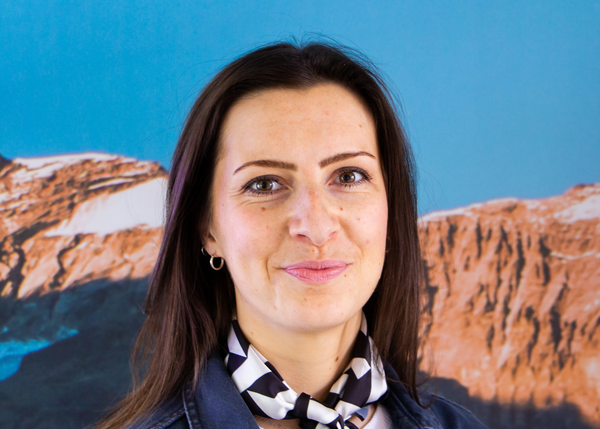Why Kellogg’s new recruitment strategy is cause for celebration





Kellogg’s is dropping the requirement for marketers to have a degree to work there. They say a degree ‘doesn’t always have a correlation’ to what an employee can do or achieve. As a senior content writer with ‘just’ 3 A-Levels to my name, I totally agree.
Why all the weight on degrees?
If 21-year-old me could see this headline, she’d have breathed a ginormous sigh of relief. Shouted from the metaphorical rooftops. Gestured with her fingers at the rejections she’d faced (sorry, Mum).
Quoting Lizzo, it’s about damn time we put a stop to limiting creative careers to those with degrees. Hell, not even just creative careers - I've had enough conversations with friends and peers that’ve got jobs in a broad range of sectors, from furnishings projects to entertainment management, whose degree subjects haven’t really correlated with their roles.
Now that’s not to knock anybody with, or choosing, a degree – there’s many transferable skills learned during three years or so at University that can be applied to both future professional and personal lives. Yet that’s not to say you’re necessarily more prepared than someone with a deep-rooted passion for a subject, be it creative design, content writing, or account management.
Creativity isn’t taught, but ingrained
Many creatives are exactly this in their free time. Creativity’s more than just a requirement of their job – it’s who they are, it’s what they are, and it makes them tick. They say if you enjoy what you do, you’ll never work a day if your life. And yes, it might be rather a charming thought to transform your undeniable eye for videography into a career, but then reality hits. There’s competition aplenty in the creative world for such roles – and why wouldn’t there be when we’re all trying to get paid to do what we love?
Getting a job in this sphere feels difficult to come by at the best of times, and then there’s also the issue financial appeal – or lack of. Need I mention that interest has just risen again to a 15-year high of 5%? It makes sense why many of us choose to keep our creative passions as a weeknight hobby or weekend side hustle...
Degrees: worth the debt in this economy?
And then you’ve got the age-old issue of University fee debt. If you choose to pursue a Uni course, you’re vulnerable to racking up a load of money which, let’s face it, my generation probably isn’t going to be able to shift any time soon. If at all. The economy doesn’t just look bleak, it feels bleak, and I feel for the 16-year-olds starting Sixth Form in September whose next two years will be full of noise about the Uni pathway, careers, options, their future. Because getting a job on the other side of school is competitive enough, degree or not.
Why Kellogg’s will reap the rewards
So, back to Kellogg’s. It’s an understatement to say that it’s progressive to see the cereal giant pulling down the walls and removing the need to have a degree for the majority of roles. (Just legal and engineering roles are excepted from the change, which we can all make sense of!)
Kellogg’s has said the switch-up is to make them a more ‘inclusive’ employer, but I think it’s more strategic than that. Relying solely on employees with degrees to be your next marketing maestro or in-demand graphic designer is daft. A candidate pool that’s this shallow allows valuable candidates to slip through the net. Whether they’ve decided the University route is too much of a financial struggle (fair) or they’ve not quite made the entrance grades (though like love, creativity’s subjective to the eye of the beholder, right?), you’re automatically losing a bank of creatives that could be the next big thing. You'll find out about them soon enough, probably through the viral TikTok that your sister's daughter shared to the family WhatsApp chat.
But there’s more to it than that.
Recruiting in the realm of content creators
In this new era of content creators, businesses that want to remain relevant and engaged with their audience, especially the younger generation, are going to have to flip the ‘standard’ qualifications, skills, and values they’ve traditionally used to recruit talent on their head. Because Gemma might have a 2:1 in Marketing Management from a Russell Group university, but is she really going to be able to compete with Henry who might not have a degree, but does have a TikTok following of over 100k – not to mention a stronghold over a Gen Z audience your business has traditionally struggled to talk to?
That’s not say we need to start calculating the ROI of degree VS social followings, brand affiliations, or revenue from #sponsoreredposts – that would be a rather impossible science. But we do need to recognise that degrees are no longer the be-all and end-all, especially in a world where ‘TikTok’ is the answer when you ask someone where they found a particular fact. Or where they bought something from, and ‘Insta link’ is the reply.
My story
I was a ‘high-achiever’ throughout my education, encouraged by teachers and careers advisors (don’t get me started) to choose GCSE and A-Level subjects that would ‘keep my options open’. 'Options’ was a rubbish disguise for what they really meant: career pathways like law or medicine or accountancy that would look great on the school’s alumni records.
But by 18, I'd had enough. I'd worked so, so hard during my school years that I wanted out for a short while, at least. And so within two weeks of securing an Au Pair role in Paris, I booked a one-way ticket on the Eurostar.
Cliché? Perhaps a little. But that year opened my eyes to the opportunities the world had to offer, opportunities that simply I wouldn’t have found with my head in a book at the Uni library. You might be surprised to know that I did always have a place at Leeds University to ‘fall back on’ (in English, surprise), but I knew I'd never take it, no matter how far my career prospects dwindled.
It was deferred, and then it was deferred again. I went on to live in the French and Swiss mountains over three ski seasons, learning transferable skills like what to do when your friend and you are confronted with the whitest white-out you ever did see. I navigated us down the mountain safely, so that’s leadership ticked. Or how to respond when your guests are in crises because their vintage wine is stuck in transit up the mountain – that counts for adaptability and the ability to work under pressure, surely?
This was all whilst my friends were nearing the ends of their degrees back home, and when I returned, I shan’t pretend I didn’t have sleepless nights over what I was going to do with my life. My career prospects felt significantly less than my friend’s who’d just graduated with a degree in Veterinary Medicine. And my friend who was already in her first year of teaching.
But as much as I felt anxious, I felt angry.
Angry because I had three straight As in A-Levels for the subjects I'd been told would ‘keep options open’.
Angry because I never wanted to be a doctor or a lawyer or an accountant, anyway.
Angry that I couldn’t even read two lines into any job advert without seeing the gut-wrenching statement, ‘required degree in relevant subject’.
Long story short, the anger turned into emotion which I chose to channel through my passion: writing. I changed job application tact, subbing out dull, conventional CVs for honest and humourous covering letters that asked for a chance. In return, I offered hard work – the same level I'd put into school all those years before. Halston B2B took me up on my request, and here we are, two years on with two promotions under my belt and ‘senior’ in my title.
It's hard.
It’s tiring.
And it’s relentless.
But you have to go after what you want. And I’m very glad that some of the world’s biggest brands are starting to make it a little easier for us to do so.
Pass the milk
My Dad’s always told me ‘those who shout loudest are heard first’. My letter (email) wasn’t a loud shout, but it was an honest one. When there’s nothing to lose, you can only gain. And on that note, I think it’s time for a bowl of Kellogg’s.
About the author
Gabrielle Percival is the senior content writer at Halston B2B, a marketing agency for specialist markets like tech & innovation, manufacturing & heavy industry, and life sciences.